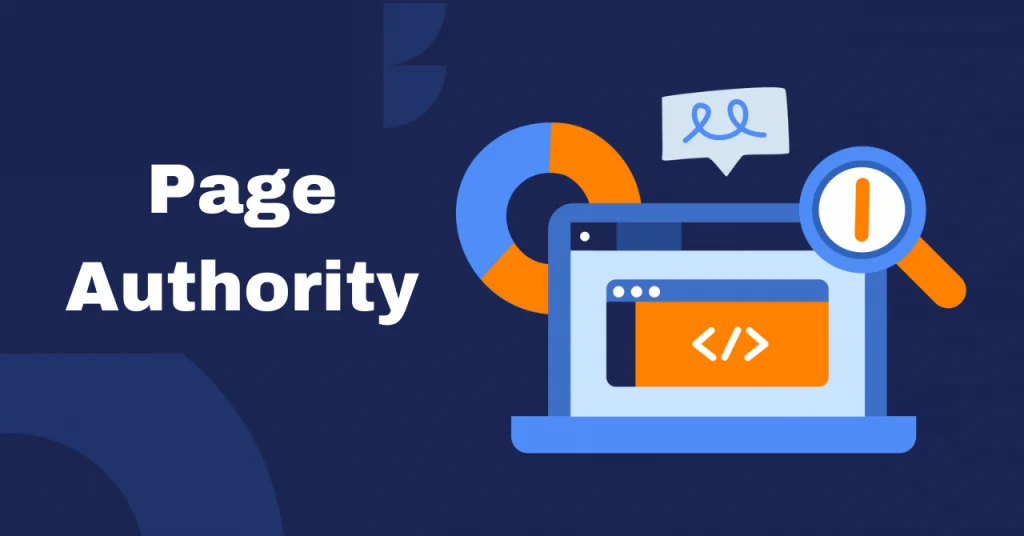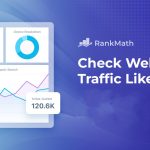Increasing your Page Authority is important to help you rank well on search engines. However, it’s not the only factor that determines your ranking. There are many other factors that you need to consider.
A good page authority score reflects how well your content performs. It also gives you an indication of how fast your pages will rank.
Quality content
Content is an essential part of any digital marketing strategy. It provides value to your audience, which helps you build brand credibility and increase engagement. It also helps you drive more traffic and sales. High-quality content is also essential for SEO.
Page Authority is a metric developed by Moz that predicts how well a specific web page will rank in search engine result pages (SERPs). It measures the strength of a website’s individual pages, and it takes into account many different factors. The higher the score, the better your chances of ranking in search results.
The best way to improve your Page Authority is to create quality content that addresses a relevant user query. This will help you generate more traffic, increase conversions, and reduce churn. You can use tools like Backlink Analytics, which doubles as a Page Authority checker, to track your progress.
Creating good content requires a variety of skills, but the most important factor is to write for your audience. Keep in mind that users have short attention spans, so your content should be concise and relevant. It should also be engaging and shareable.
Another important factor is to update your content regularly. Search engines want to see new content, and they will penalize sites that have stale content. Finally, you should focus on using high-quality keywords that are relevant to your business and industry.
Backlinks
If you want to increase your page authority, there are several ways to do it. First, you need to make sure your site has a good backlink profile. This means getting high-quality links from authoritative websites. These backlinks will help you rank higher in search engines, and they can also boost your Page Authority score. Another way to improve your page authority is to create high-quality content that’s relevant to the search query you’re trying to rank for. This will give you a better chance of ranking in organic search results and attract more visitors to your website.
Finally, you can promote your content on social media to increase its exposure and get more backlinks. You can also write guest posts on other websites within your industry to earn high-quality backlinks. This will also help you reach new audiences that you might not have otherwise reached.
Domain authority and page authority are similar metrics, but they differ in that domain authority looks at the strength of a whole site or subdomain while page authority takes into account only the strength of one specific page. Both scores are determined by a number of different factors, and while it is impossible to completely replicate the algorithm that Google uses to determine rankings, these metrics can be used as indicators for how well your website might rank.
Time on site
The number of visitors to your website is a critical factor in determining how well your page ranks. A website with high traffic and low Page Authority is unlikely to rank highly in search results. However, you can improve your Page Authority by optimizing site navigation, removing harmful links, and adding relevant internal links to pages on your site.
While the overall domain authority (DA) of your website is important, it is also crucial to have strong individual pages on your site. This is because the PA of a page is based on the same metrics that determine the DA of your website as a whole, but at a more granular level. In order to increase your PA, you must build quality backlinks, optimize your internal link structure, and add high-quality content to your pages.
Another factor that influences PA is how fresh your content is. This means that you need to update your content regularly in order to keep it relevant and fresh. If your content is not up to date, it will not have the same impact on your Page Authority as fresh, quality content. Similarly, if you have spammy blog comments on your pages, this can negatively affect your Page Authority. Therefore, you should regularly monitor your pages for this type of content and remove it if necessary.
User experience
Creating user-friendly web pages is crucial to improving Page Authority. This is because Google rewards websites that provide a positive user experience by ranking them higher in search results. In addition, it is important to make sure that your content is informative and relevant to your target audience. It is also recommended to create new content regularly, as old content can hurt your Page Authority.
You can improve your Page Authority by building links to your page from other high-authority pages. Obtaining backlinks from authoritative pages can help your page get ranked higher in SERPs and attract more organic traffic. However, the time it takes for your Page Authority to increase can vary depending on various factors. In some cases, it may take several months before you see noticeable improvements.
Aside from backlinks, content is also an important factor in Page Authority. In general, longer content has a better chance of improving your PA score than short posts. In addition, it is important to keep your content updated and relevant to the latest search trends. Moreover, fresh content is also more likely to attract quality inbound links.
Although a good Page Authority score is important, it’s important to note that this metric is relative and does not indicate the likelihood of a webpage’s ranking in SERPs. In fact, Page Authority scores can fluctuate for a variety of reasons, including algorithm updates and competitiveness. Regardless of the changes, it is important to monitor your Page Authority score on a regular basis and work to improve it.






